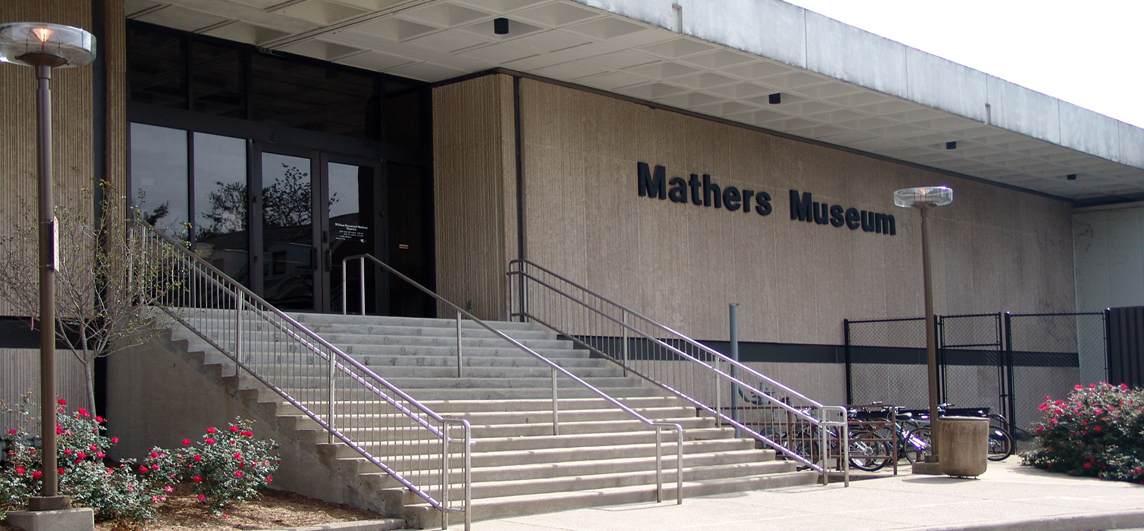
Bloomington, IN : The Mathers Museum of World Cultures has put up a new exhibition as part of three distinct exhibitions on Indian American experiences and their cultural contributions to United States & the American life.
“Beyond Bollywood: Indian Americans Shape the Nation” is the first of these three exhibitions which is a traveling exhib on loan from the Smithsonian Institution and will be on display until April 10.
Judith Kirk, assistant director of the museum, said alumnus Robert Johnson, who is on the board of the Asian Pacific American Center committee at the Smithsonian, suggested the idea to Provost Lauren Robel after a visit to Mathers.
“When it was discovered that ‘Bollywood’ was going to travel, we started working to bring it here,” Kirk said. “We were so fortunate in that we have an incredible India studies program, Dhar India Studies. They were very enthusiastic about being our partners.”
In conjunction with this exhibit, Mathers planned visits by prominent speakers and a few other events, such as films playing at the IU
Cinema.
The next speaker in the series, Vijay Prashad, author of a work called “The Karma of Brown Folk,” will speak on March 10. Prashad will be speaking about the complicated status of Indian-Americans as the “model minority” and the issues with that term, Kirk said.
Another speaker, Vivek Bald, will visit March 24 to discuss the “lost history” of Bengali Harlem, and the movement of Asian immigrants into existing neighborhoods during the era of Asian exclusion — the 50 years leading up to the 1940’s.
“There were individuals, mostly men, who were involved in merchant marines, were seamen and other merchants, who ended up settling here,” Kirk said. “These were groups of men who, despite the exclusion-era laws, primarily settled in places like Harlem and New Orleans, communities that were typically African-American or Puerto Rican.”
These neighborhoods provided a community of support, opportunity and home, and Bald will speak to this relationship and his research on this period during his lecture, Kirk said.





Be the first to comment